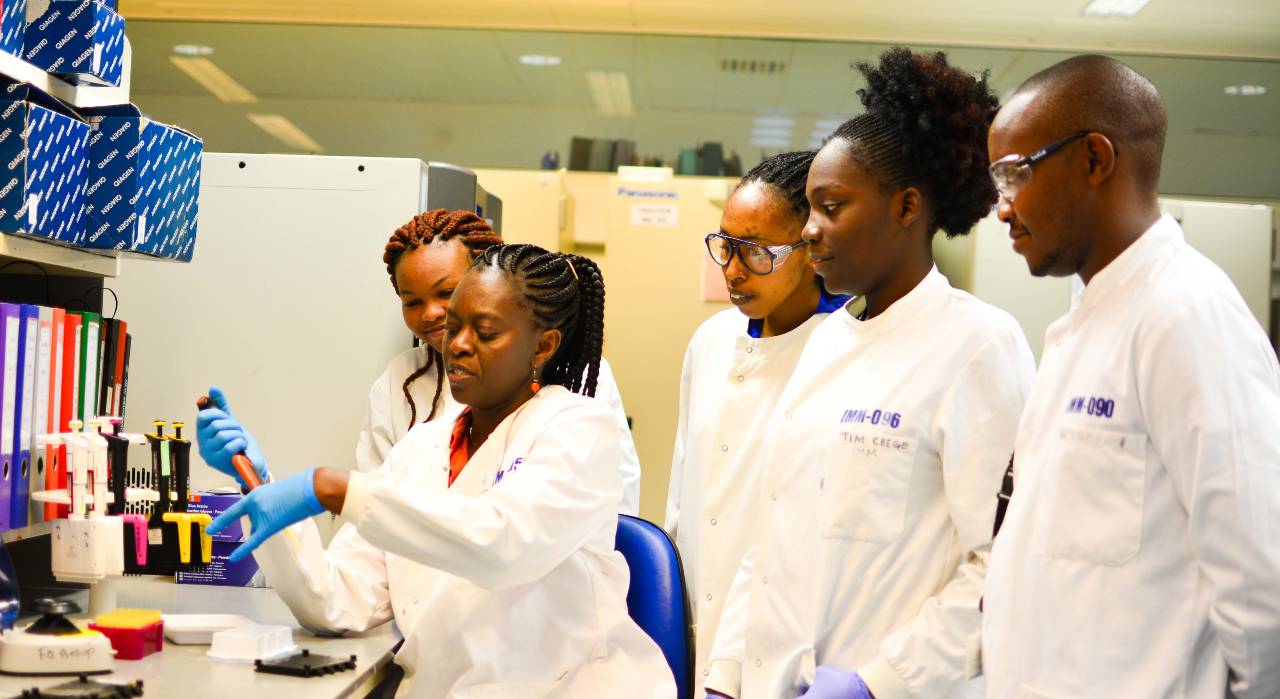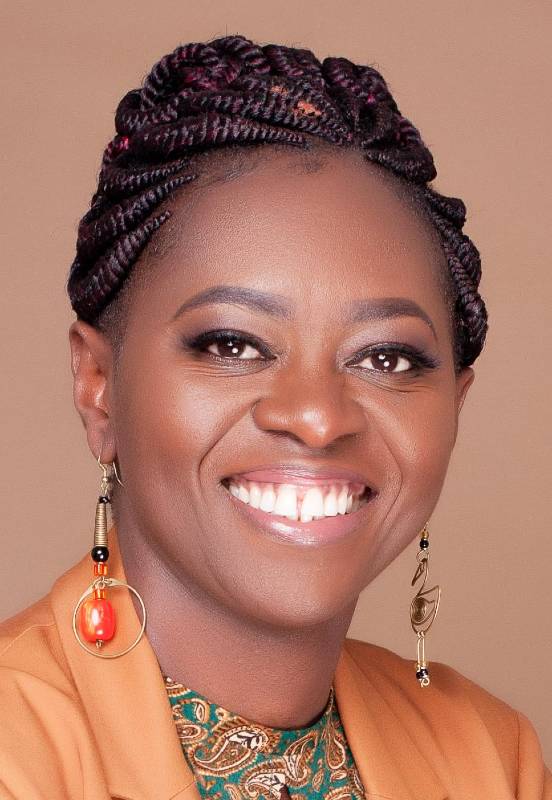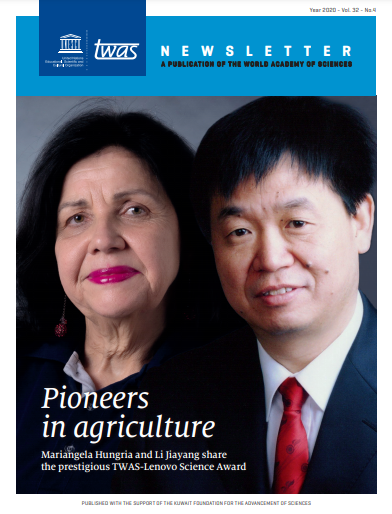 Malaria kills as many as half a million people per year, most of them under the age of 5. And the 2020 edition of the TWAS-Abdool Karim Award in biological sciences has honoured a pioneer in the fight against the parasite that causes the disease.
Malaria kills as many as half a million people per year, most of them under the age of 5. And the 2020 edition of the TWAS-Abdool Karim Award in biological sciences has honoured a pioneer in the fight against the parasite that causes the disease.
Kenyan immunologist Faith Osier’s research focuses on using data from the immune systems of a diverse selection of the African population in hopes of making a single vaccine that can protect a large number of Africans. She has also established a collaboration across seven African countries in an effort to develop the best vaccine possible and train the next generation of immunologists on the continent.
The award is named after TWAS Fellow Quarraisha Abdool Karim, the Associate Scientific Director of the Centre for the AIDS Programme of Research in South Africa (CAPRISA). The award, now in its fourth year, honours women scientists in low-income African countries for their achievements in biology.
“This award reassures me that I’m not alone, that there are others on my journey, who have walked this road before me and appreciate what I’m doing,” she said. “It’s energizing and motivating to be appreciated and to know that there are many of us out there.”
Determination to defeat malaria
 Osier started her career as a pediatrician in a national hospital in Nairobi, Kenya, thus in an urban environment in which malaria was rare. Years later, when she moved out to the countryside, she was taken aback by how many young children were admitted to the hospital’s high dependency unit every night during the peak malaria transmission season.
Osier started her career as a pediatrician in a national hospital in Nairobi, Kenya, thus in an urban environment in which malaria was rare. Years later, when she moved out to the countryside, she was taken aback by how many young children were admitted to the hospital’s high dependency unit every night during the peak malaria transmission season.
“Some would survive, but some would die,” Osier said. “At that time I didn’t have children of my own. But when you have to face a parent and tell them you’ve done all you could, but you couldn’t save their child—and you do that every other day because the kids are just not surviving—it’s devastating.”
A desire to both save lives and spare families the traumatic loss of their children set her on a journey to hunt for a malaria vaccine.
“This is about people’s lives, about families, people’s futures,” she said. “This is holding a whole continent back, which should be moving forward. And if I can’t find a vaccine, I want to make sure I’ve left behind an army of scientists who are equally determined to make malaria history.”
Now, Osier’s work aims to leverage information on how older people develop resistance to the clinical symptoms of malaria in hopes of being able to immunize children, who are much more vulnerable.
Plasmodium falciparum is the species of the malaria parasite that is responsible for the high mortality in Africa. Antibodies in human blood can stop the parasite in its tracks by sticking to parts of it, blocking its ability to latch onto red blood cells, invade them and cause the disease. A better understanding of how to block this process would help scientists create a highly effective malaria vaccine.
In the past, Osier said, scientists have picked a single antigen and tried to make a vaccine with limited success. The challenge is that the malaria parasite’s DNA encodes over 5,000 proteins, all of which the human immune system may need to confront. Osier’s research considers the complexity of this large number of proteins as well as the diverse strains of the parasite. Mapping out which of these proteins induces protective antibodies is key to making a good vaccine that will work for everyone.
Key elements: innovation and capacity-building
 In 2008, Osier was studying six antigens. Now she and her team are working on over 100 at once. Even though this still represents only two per cent of what the parasite presents to the immune system, the team prioritized these proteins because the immune system can easily detect them.
In 2008, Osier was studying six antigens. Now she and her team are working on over 100 at once. Even though this still represents only two per cent of what the parasite presents to the immune system, the team prioritized these proteins because the immune system can easily detect them.
The ability to study these proteins simultaneously is enabled by a custom device called KILchip that she and her team developed. KILchip allows scientists to test hundreds to thousands of proteins at once, and is the first of its kind in Africa. The device also allows malaria researchers to work with very small sample volumes. This is particularly important when conducting studies in young children.
Osier also established the South-South Malaria Antigen Research Partnership (SMART), which assembled 10,000 samples combined from Kenya, Uganda and the United Republic of Tanzania in East Africa, and Senegal, Mali, Burkina Faso and Ghana in West Africa. This is the largest cohort study of this type and was used to explore combinations of antigens that may be suitable for a new vaccine that could work also for people across many other parts of Africa, even though they are faced with different strains of the malaria parasite.
This South-South collaboration also allows Osier to train scientists in African countries where the capacity for research is low. She noted that COVID-19 demonstrated that, in large pandemics, countries predictably tend to focus on their own people. “In a crisis, you look after your family before you rush out to save your neighbours,” she said. “So, when we neglect parts of Africa in terms of capacitybuilding for research, we are brewing up a storm. When we really need our own scientists, they will not be there.”
So far, she and her team have trained 10 PhD students on malaria research, and together with the Federation of African Immunological Societies, the ambitious goal is to train 1,000 scientists in 10 years. Initial seed funding from the International Union of Immunological Societies allowed them to attract additional support from the European Education and Culture Executive Agency, with the result of being able to finance the training of 80 Masters and PhD students in Africa. And because welltrained scientists train others in turn, Osier and her team anticipate exponential growth
Sean Treacy

